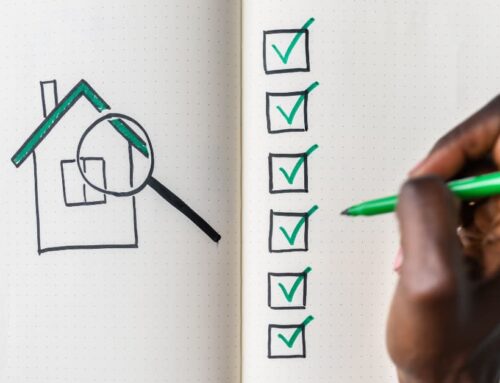Whether you’re ready or not, the coronavirus is here. While you’re busy stockpiling the food and supplies you’ll need to weather the crisis, it’s also important to think about worst case scenarios. We tell ourselves that the purpose of social distancing and staying at home is to protect vulnerable populations, but the truth is that it’s not just the elderly and immunocompromised that are getting COVID-19. It’s also people like you and me; people in their 30s, 40s, and 50s, who have no underlying health issues, have also died from the coronavirus. The likelihood is lower in these populations, but the belief that “it won’t happen to me” is not based in reality.
It can happen to you. It’s important to prepare for that.
Part of preparing for the coronavirus pandemic is talking to your loved ones, creating contingency plans, and making sure your affairs are in order. Do you have a will? What happens to your children if you pass away? If you’re in the hospital, what kinds of lifesaving measures would you like doctors to take? Here are some important points to consider when it comes to the coronavirus and estate planning.
Why You Need a Will?
You need a will, period. But in a situation like the one we’re facing with the coronavirus, a will is more important than ever.
If the most dire predictions pan out—millions of Americans dying from the pandemic—our society will spiral into chaos. In the midst of all of this, you don’t want to burden your loved ones with having to make decisions about what happens to your pets, children, assets, and obligations. Administering an estate when there is not a will is costly and time-consuming.
You’ll also want to be sure that you have a living will as we face the COVID-19 pandemic. Also known as an advance directive, this is a legal document that tells your doctors, caretakers, and relatives your wishes in a variety of different medical scenarios. Will you want to be resuscitated? Donate your organs? Put on life support? Many critical coronavirus cases end up in the ICU, breathing on ventilators, and should their condition take a turn for the worse, they may end up on life support as their organs begin to fail. Think about what you would want your family to do in that situation so they are not left to make these agonizing choices themselves.
Setting Up a Trust
There are two types of trusts: irrevocable and revocable. Irrevocable trusts cannot be changed and assets put in this type of trust cannot be recovered. For this reason, we recommend that clients concerned about the implications of the coronavirus place assets in a revocable trust instead.
Your trust will stipulate when and how to distribute your assets. If you have minor children, or even children who are young adults, a trust can help ensure that beneficiaries manage their inheritance responsibly. Trusts bypass probate, making a trust more seamless than the process of carrying out a traditional will.
Other Considerations
You may also want to contact an estate planning attorney to discuss:
- Giving someone else power of attorney so they can make decisions for you if you’re physically incapacitated
- Healthcare and Medicaid planning to make sure you can afford any needed medical costs or hospitalization
- Guardianships for your children
- Business succession planning if you’re a business owner
Kelly Legal Group Can Help
It’s likely that you’re feeling overwhelmed with anxieties and fears about the coronavirus pandemic. We are too. Take comfort in knowing that people across our country are looking out for each other; we’re all in this together. If you’d like to discuss estate planning with one of our attorneys to make sure your affairs are in order, give us a call at 512-505-0053. When it comes to making sure you’re prepared for an uncertain future, We Get It Done.






